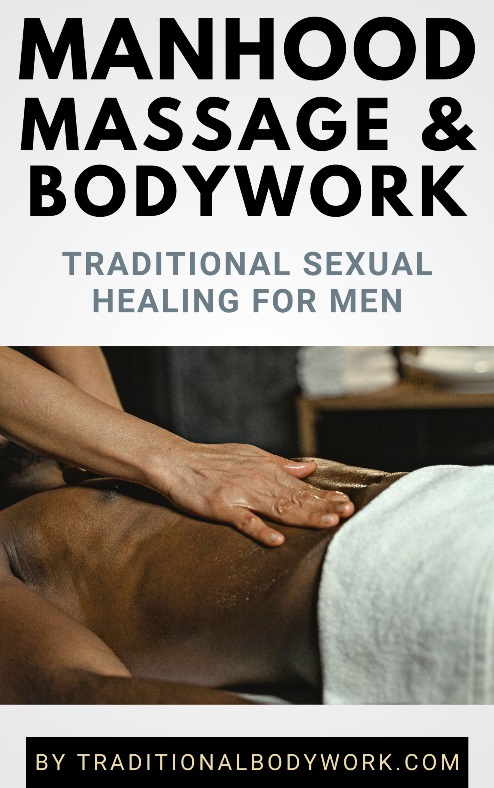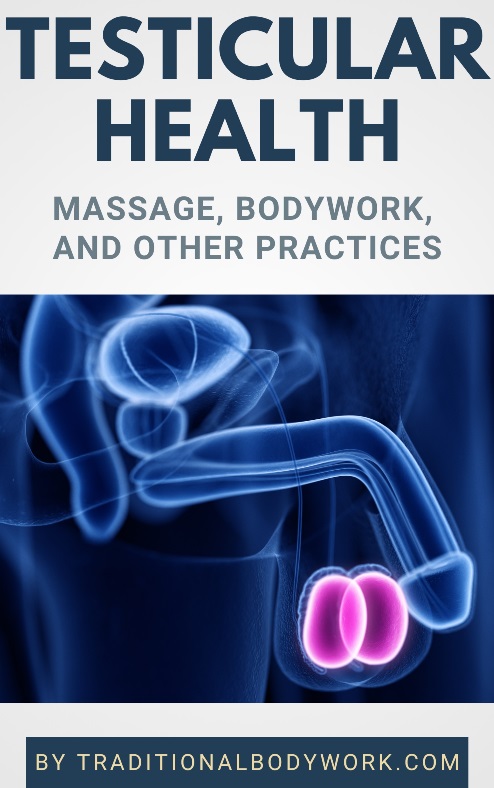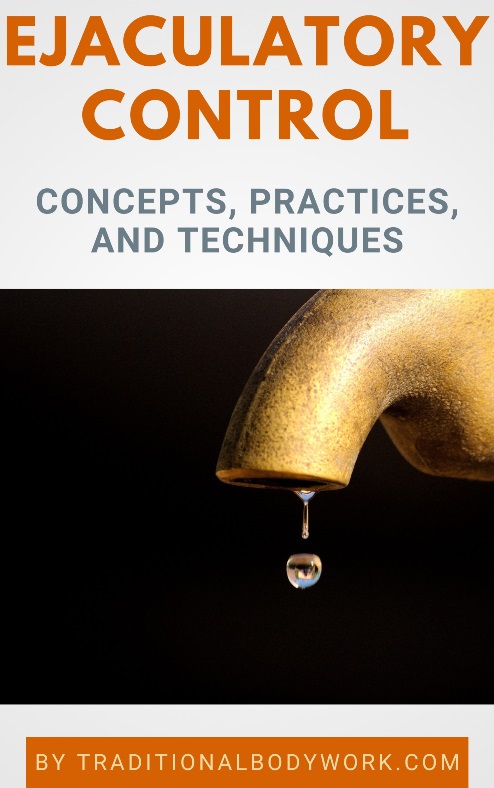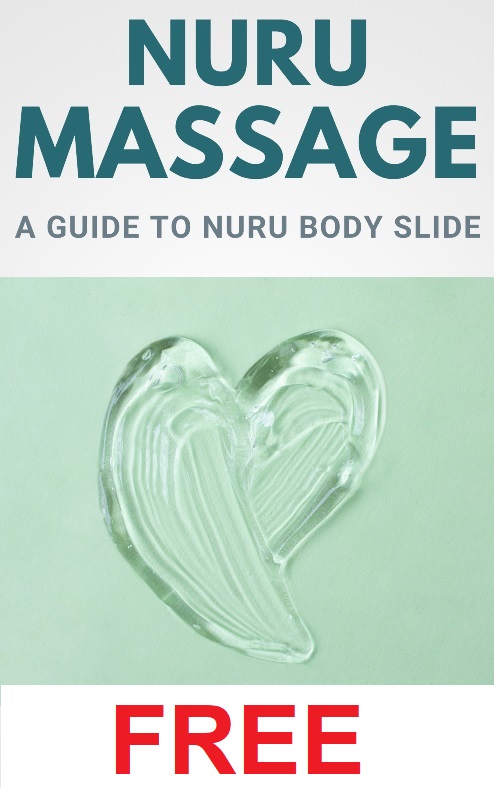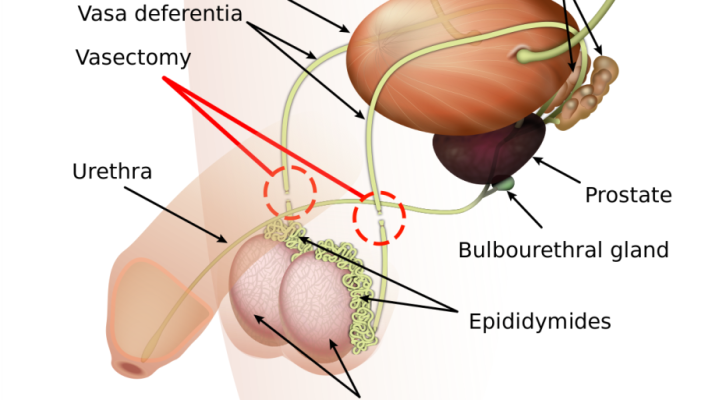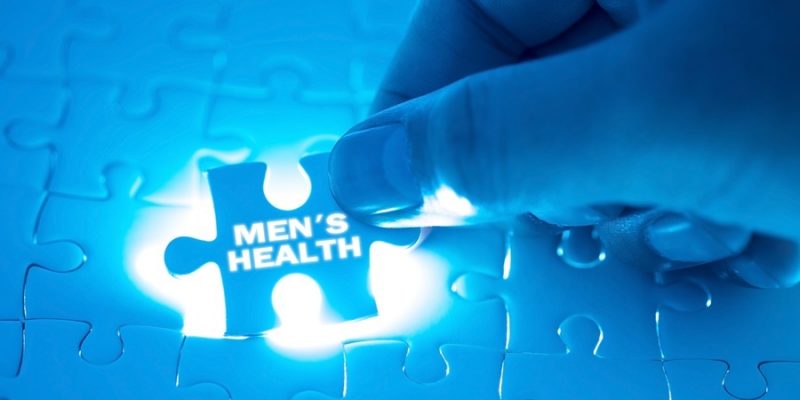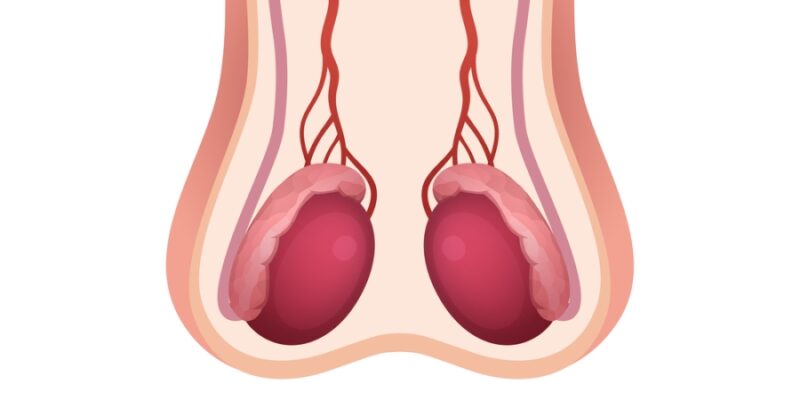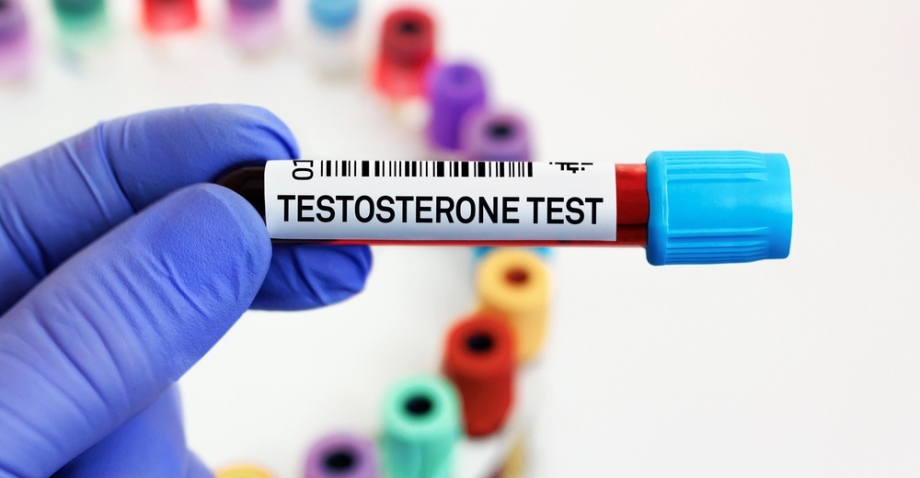
When people think about testosterone, they often connect it to muscle growth, strength, or athletic performance. While these are certainly influenced by this vital hormone, the role of testosterone in everyday health goes much deeper. One area often overlooked is the connection between testosterone levels, sleep quality, and energy throughout the day. Many men experiencing Low T (low testosterone) struggle with fatigue, poor sleep patterns, and reduced stamina, often without realizing how much their hormone levels may be contributing to these issues.
In this article, we’ll explore how testosterone health impacts both sleep and energy levels, why imbalances can cause such significant changes, and what men can do to restore balance and vitality.
Understanding Testosterone’s Role Beyond Muscle and Libido
Testosterone is a hormone primarily produced in the testes in men and in smaller amounts in women’s ovaries and adrenal glands. It regulates much more than just sexual health or physical strength.
Key roles include:
- Supporting red blood cell production, which directly impacts oxygen delivery and energy.
- Regulating metabolism and fat distribution, affecting body weight and stamina.
- Influencing mood and cognitive function, including focus, motivation, and emotional balance.
- Helping maintain circadian rhythms, the body’s natural sleep-wake cycle.
When testosterone levels are healthy, men often report stable energy, better mood, and deeper, more restorative sleep. On the other hand, when Low T develops, many of these functions begin to decline.
How Low Testosterone Impacts Sleep Quality
Research suggests that testosterone plays a crucial role in regulating sleep cycles, particularly deep, slow-wave sleep – the most restorative phase. Here’s how Low T can interfere with sleep:
- Reduced Slow-Wave Sleep
Studies show men with low testosterone often spend less time in slow-wave sleep. Without enough of this stage, the body struggles to recover physically and mentally, leaving you feeling groggy even after a full night in bed. - Increased Risk of Sleep Disorders
Low testosterone is linked to higher rates of sleep apnea, insomnia, and fragmented sleep. Sleep apnea in particular creates a vicious cycle: poor sleep reduces testosterone levels further, and lower testosterone worsens sleep apnea. - Disruption of Circadian Rhythm
Testosterone production itself follows a rhythm, typically peaking in the morning and declining throughout the day. When levels are consistently low, this natural rhythm can weaken, making it harder to fall asleep at night or wake up refreshed.
The Connection Between Testosterone and Daytime Energy
If you’re feeling drained during the day, struggling with afternoon slumps, or noticing reduced motivation to exercise, Low T may be playing a role. Here’s why:
- Lower Red Blood Cell Production
Testosterone helps stimulate red blood cell development. With less oxygen delivered to muscles and organs, fatigue and weakness become common. - Reduced Muscle Mass and Strength
With less lean muscle tissue, daily activities and workouts feel more tiring. This reduced efficiency means you burn out faster and recover more slowly. - Mood and Motivation Declines
Testosterone is closely tied to dopamine, a neurotransmitter associated with drive and reward. Men with Low T often report brain fog, low motivation, and reduced mental stamina. - Metabolic Shifts
Low testosterone can lead to fat gain, particularly around the midsection. Excess body fat contributes to lethargy, inflammation, and even worsening sleep patterns.
Signs Your Sleep and Fatigue Could Be Linked to Low T
Not every case of poor sleep or fatigue is caused by low testosterone, but if you notice several of the following symptoms together, it may be worth evaluating your hormone health:
- Constant tiredness, even after a “full” night’s sleep
- Increased irritability or mood swings
- Trouble focusing or maintaining attention
- Decreased stamina during workouts
- Loss of muscle mass and strength despite regular training
- Waking frequently during the night or struggling with insomnia
- Decline in libido alongside energy issues
Improving Testosterone Health for Better Sleep and Energy
The good news is that men don’t have to accept fatigue and restless nights as a “normal” part of aging. Supporting testosterone health can improve both energy levels and sleep quality. Strategies include:
- Lifestyle Adjustments
- Exercise Regularly: Strength training and high-intensity workouts are especially effective at stimulating natural testosterone production.
- Balanced Nutrition: Focus on whole foods rich in lean protein, healthy fats, and micronutrients like zinc and vitamin D.
- Weight Management: Reducing excess body fat can directly improve hormone balance.
- Sleep Hygiene
- Keep a consistent bedtime and wake-up schedule.
- Limit screen time before bed to protect melatonin and testosterone rhythms.
- Create a dark, cool sleeping environment.
- Stress Management
Chronic stress increases cortisol, a hormone that directly competes with testosterone. Practices like meditation, deep breathing, or yoga can help maintain balance. - Medical Evaluation and TRT
If lifestyle adjustments aren’t enough, men may consider hormone testing. In some cases, testosterone replacement therapy (TRT) can restore levels, helping improve both sleep and energy. Always consult with a qualified healthcare provider before beginning treatment.
The Bigger Picture: Testosterone Health and Overall Well-Being
While it’s easy to separate sleep issues and fatigue from hormone concerns, the truth is that they are deeply interconnected. Low T isn’t just about physical appearance or sexual health – it can shape the way you feel every day, influencing productivity, recovery, and long-term vitality.
Prioritizing testosterone health not only supports better sleep and energy but also improves mood, metabolism, and quality of life. Addressing the root cause rather than just treating symptoms can create lasting improvements in both health and daily performance.
Final Thoughts
So, does low testosterone impact sleep quality and energy levels? The evidence is clear: yes, it can – and often in more ways than most people realize. Men experiencing chronic fatigue, restless nights, or diminished motivation should consider evaluating their hormone health as part of the bigger picture.
By combining lifestyle strategies with professional support when needed, it’s possible to restore balance, improve sleep patterns, and regain the energy to live life at full capacity.

